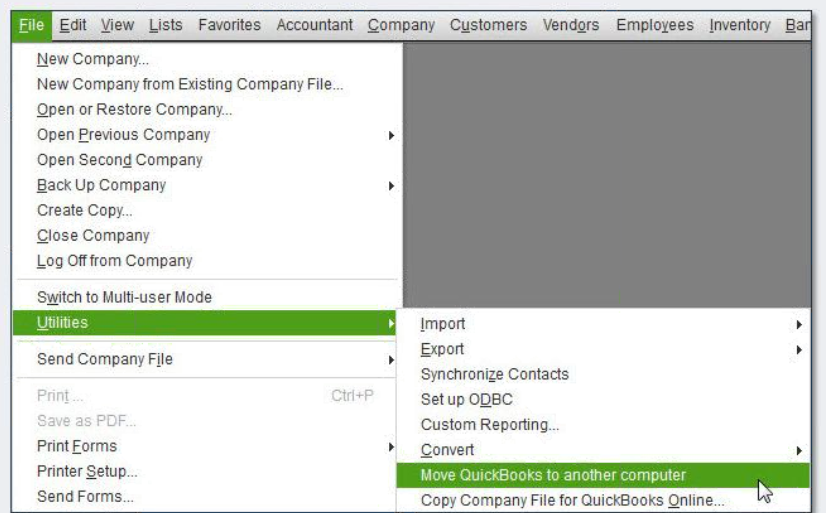by Zipbooks Admin
What Are Non-core Accounting Features?

Not all features in an accounting app fit neatly into what are traditionally considered to be “core accounting.” Because software allows us to add extra perks to anything we build, it’s difficult to know which features are convenient and which are “core,” or necessary to the program.
What are Non-core Accounting Features?
One way to look at this is to imagine that we don’t have computers. If your company had to do its accounting manually in a giant ledger book, who would be responsible for the different features in the accounting app? If anyone could do the job, even someone who’s not an accountant, there’s a good chance that it’s not a core accounting feature.
Time Tracking
In a world without accounting software, time tacking on an hourly project wouldn’t be the job of the office accountant. Can you imagine a small accounting team trying to stay on top of everyone’s hours manually? Typically, individual employees or project managers keep track of time.
Payroll
Cutting checks and tracking payroll requirements are an important financial component of running a business. However, human resources normally handle payroll—not the accounting department. The accounting department is in charge of paying vendors but not regular employees. You can chalk payroll up as another non-core accounting function.
Debt Collection
The accounting department can tell you which customer owes you what. But an internal collection team (or account payable department) would be in charge of collecting payments from customers when invoices become delinquent.
Electronic Payment Processing
Strictly speaking, processing electronic payment isn’t accounting. It’s hard to apply this to our analogy of who would do what in a pre-software world, but clerks could easily do payment processing. They wouldn’t need the advanced know-how of an accountant. How you get paid impacts accounting if there are processing fees, but payment collection isn’t core to accounting.
Business Expense Reimbursement
Tracking expenses is important and is a core accounting feature. On the other hand, helping employees to track expenses they plan on submitting to the company for reimbursement wouldn’t be considered a core accounting feature.
Accounting Reports
Accounting reports are a summary of your accounting data, so they’re not core to your accounting software. It’s kind of like a nice to have, although I think it’s fair to say that no one wants to use accounting software that doesn’t have accounting reports as a built in feature. The idea of having to go through your general ledger and calculate your trial balance, balance sheet, or profit-loss statement sounds terrible.
Just remember that you could technically get a lackey to add up all those numbers. You wouldn’t really need an accountant to make all those tally marks. Accounting software is supposed to automate some of the more tedious parts of the accounting and business finance process. That means accounting reports are probably at the top of the list in terms of high level of tediousness and importance.
Purchase Requisition
Purchase requisition is how people make requests for purchases. This usually involves filling out a purchase orders and getting approval to submitting it to a vendor. Purchase requisition formalizes is how people make, approve, fulfill, and audit purchase requests. This is not core to tracking the value of the company.
Bank Reconciliation
Reconciliation is another non-core accounting feature that you want to have. It’s essentially making sure that your balances in your bank accounts match the balances in your accounting program. I would argue that this is a core responsibility for any bookkeeper. It might be a point of distinction in terms of understanding the difference between an accountant and a bookkeeper.
Another important part of reconciliation is when bookkeepers perform go through all of a business’s transactions to verify that they’re accurate.
Other Non-core Accounting Features
There are quite a few other non-core accounting features that we could cover. Here are a few:
- Drilling down transaction details: It’s helpful to be able to see notes on a transaction. It isn’t technically required to be considered accounting software, but it helps with the accounting process in terms of keeping things straight.
- Department accounting: ZipBooks does provide the ability to treat a company as different divisions and look at the costs and profit by department, location, or product. If ZipBooks didn’t provide that feature it would still be considered accounting software even in the most rigorous sense of the word.
- Tracking taxes: Support for sales tax and value-added taxation is nice because you know exactly how much tax you’ve collected on behalf of the government and you don’t have to manually figure out how much money you need to send every quarter.
We can’t cover the whole universe of all non-core accounting features. Basically, if it’s not a core accounting feature, it would be considered non-core accounting. We would have to include every bell or whistle that we added to ZipBook. But we’ve covered most of the important ones, which is all you really need to know for now.





